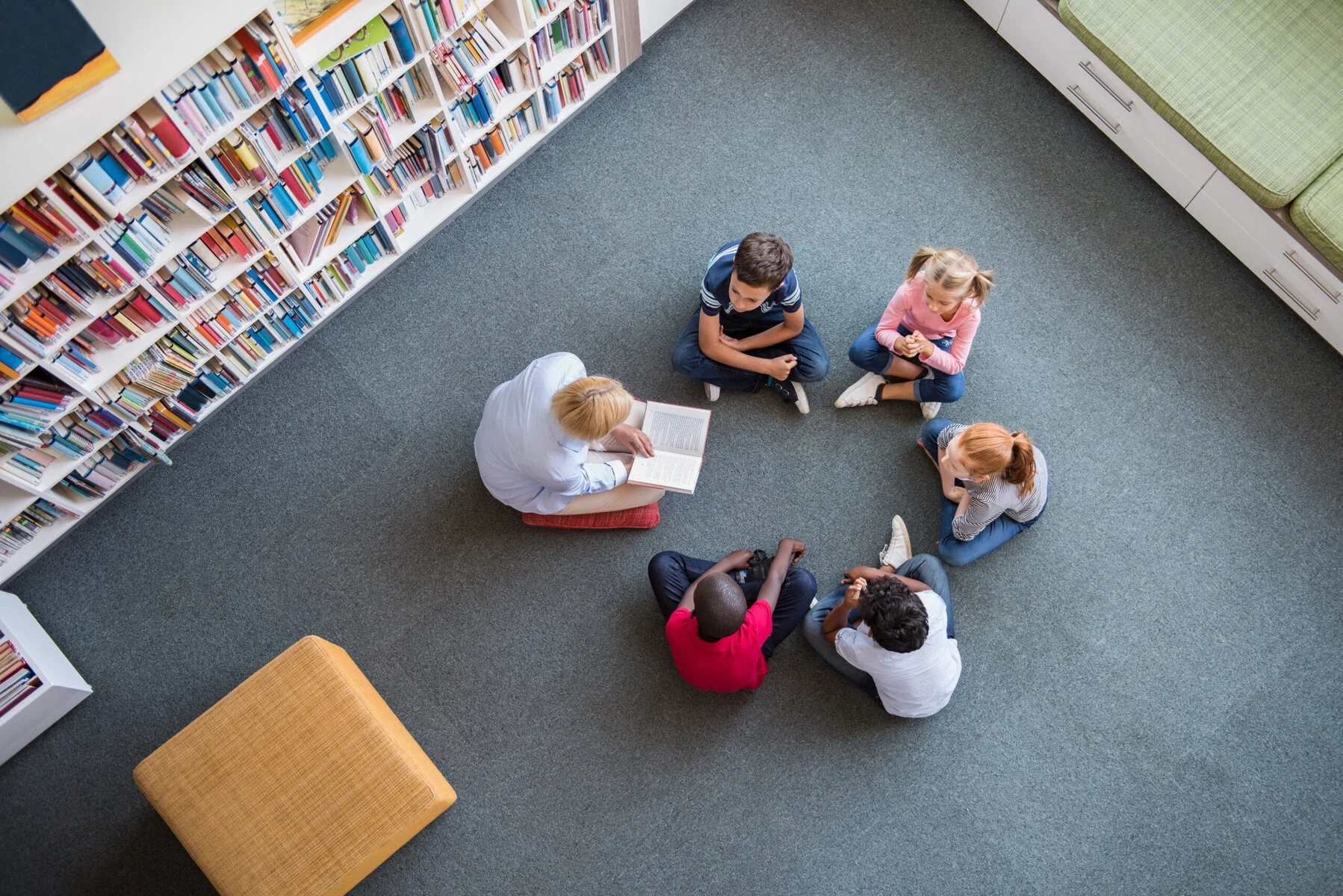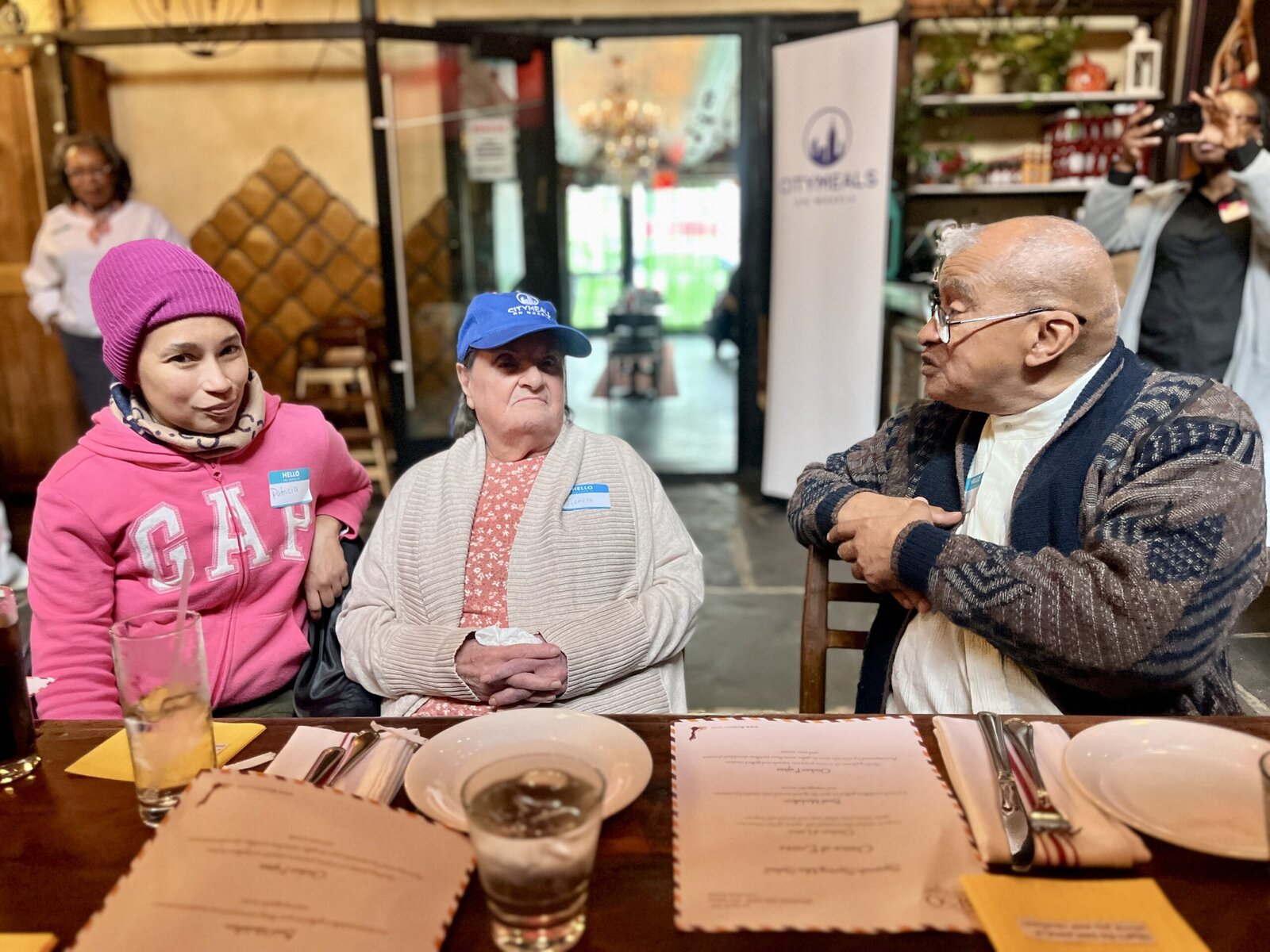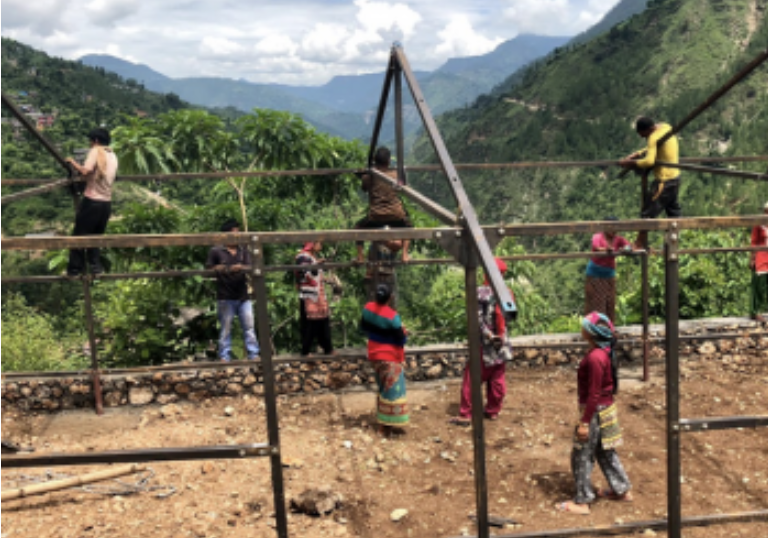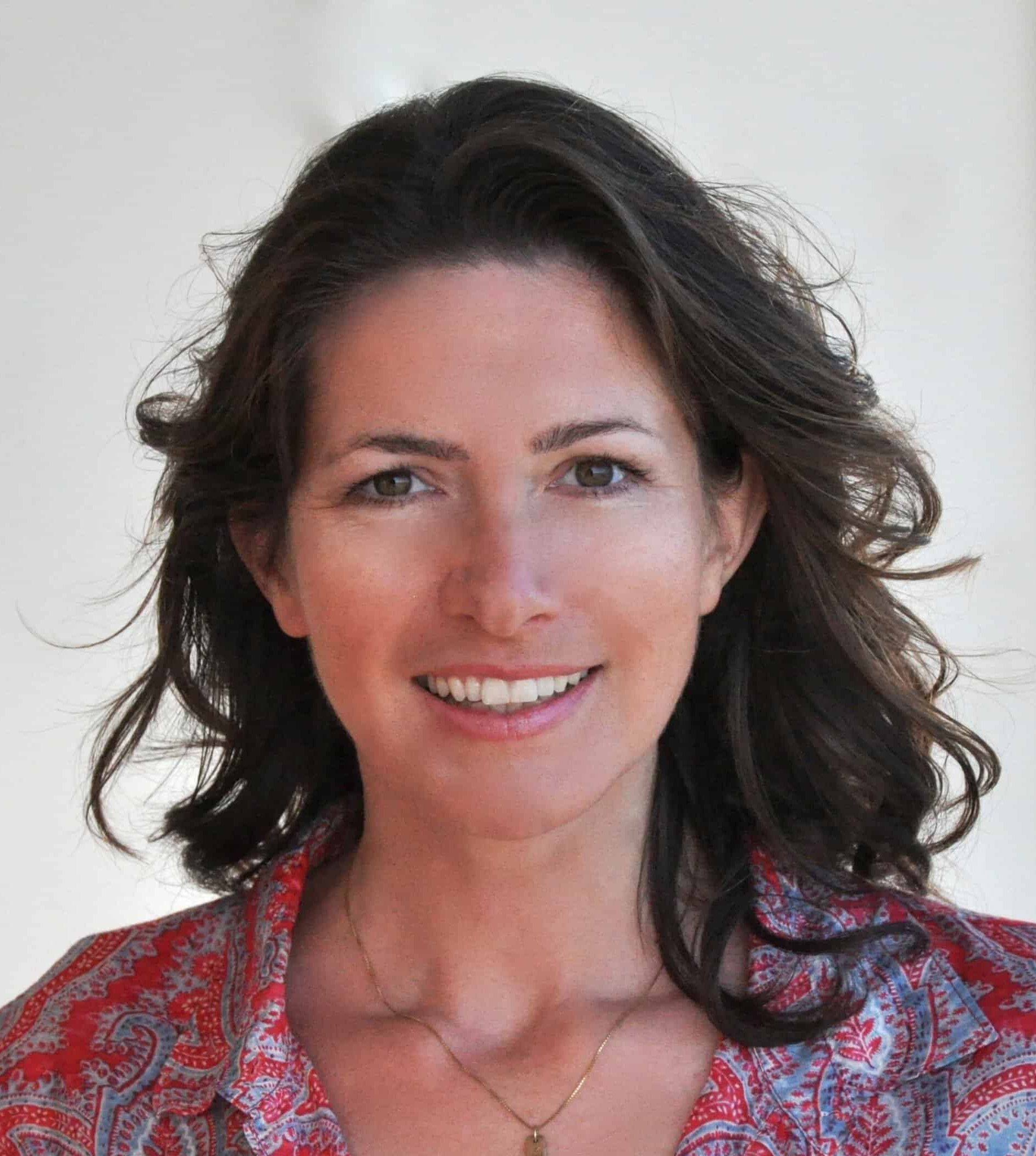Christelle Kwizera was still a teenager and hadn’t even graduated from her engineering studies when she decided to tackle an urgent problem in her home country: safe water sources for local villages in Eastern Rwanda. “Crocodiles had migrated into the local lakes, and their only source of food was people and animals,” Kwizera learned. She had a serious crush on MacGyver, the 1980s TV hero and genius problem solver who outsmarts his enemies with scientific knowledge. He inspired her to study mechanical engineering in Oklahoma, and in the summer of 2014, at 20 years old, she raised $75,000 to dig 13 new boreholes in Rwanda with a team of young locals. She initially thought of it as a summer project, but fast-forward 10 years, and her social enterprise company, Water Access Rwanda, has secured safe water access for over 165,000 Rwandans through a network of boreholes, purified clean water microgrids and irrigation systems for farmers.
Kwizera could not have started her company without the support of investors including the Clinton Global Initiative, the Sierra Club and the WHO, but among the investors to believe in her were the founders of Resolution Project. Resolution also granted $3,000 to Kwizera for another venture, Ingabo Safe Sites, which is a program for youth by youth, working to provide affordable and confidential access to sexual and reproductive health.
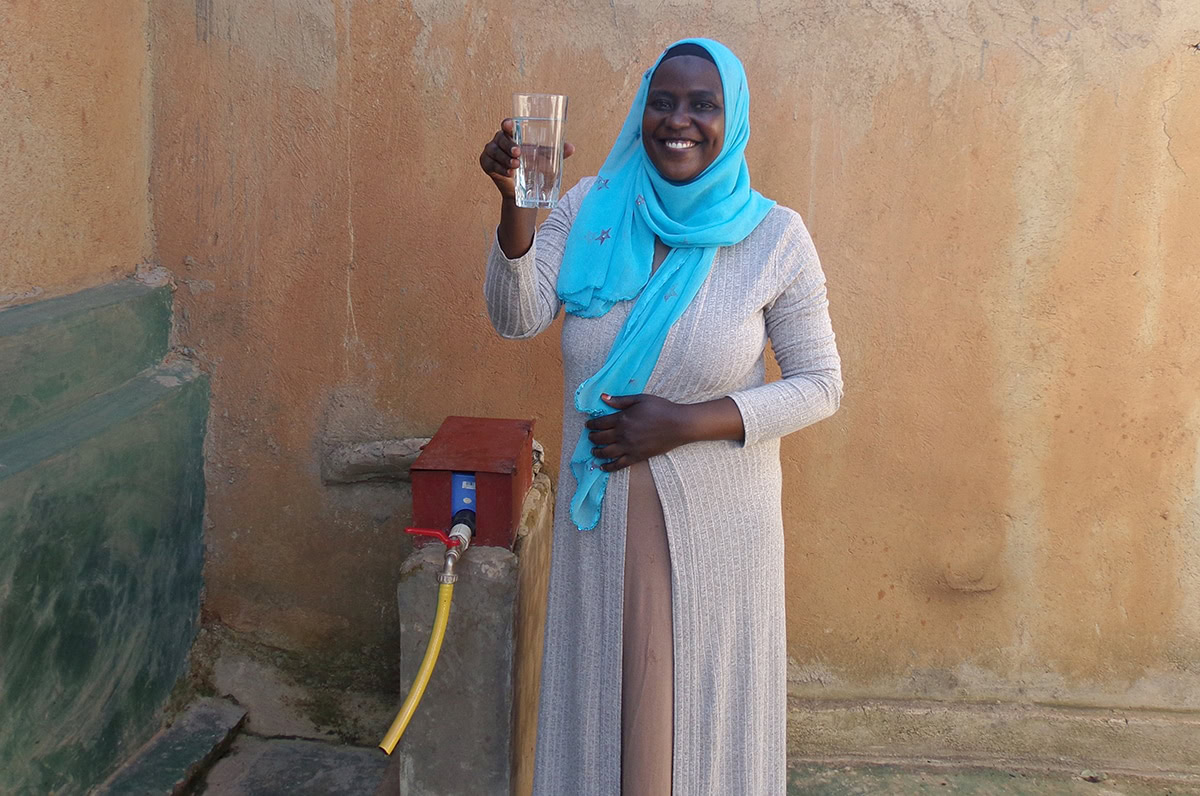
Resolution Project CEO George Tsiatis and his co-founders started the nonprofit in 2009 to support young changemakers like Kwizera. They focus on college students who have a brilliant idea but lack the means to implement it. “We’re looking for young people who are ready to be leaders, who know the problem really well and are willing to commit to building solutions,” Tsiatis says via video conference from his new office in The Hague, Netherlands.
The idea for Resolution Project grew out of the Harvard World Model United Nations, a prestigious annual international conference for students to discuss the most pressing issues facing their generation. Tsiatis, who majored in Byzantine studies at Harvard, was one of several alumni who noticed, “All these energized young people gather in one place for five days, ready to change the world, but the most that comes out of it is a few Facebook friend requests. That’s such a missed opportunity.”
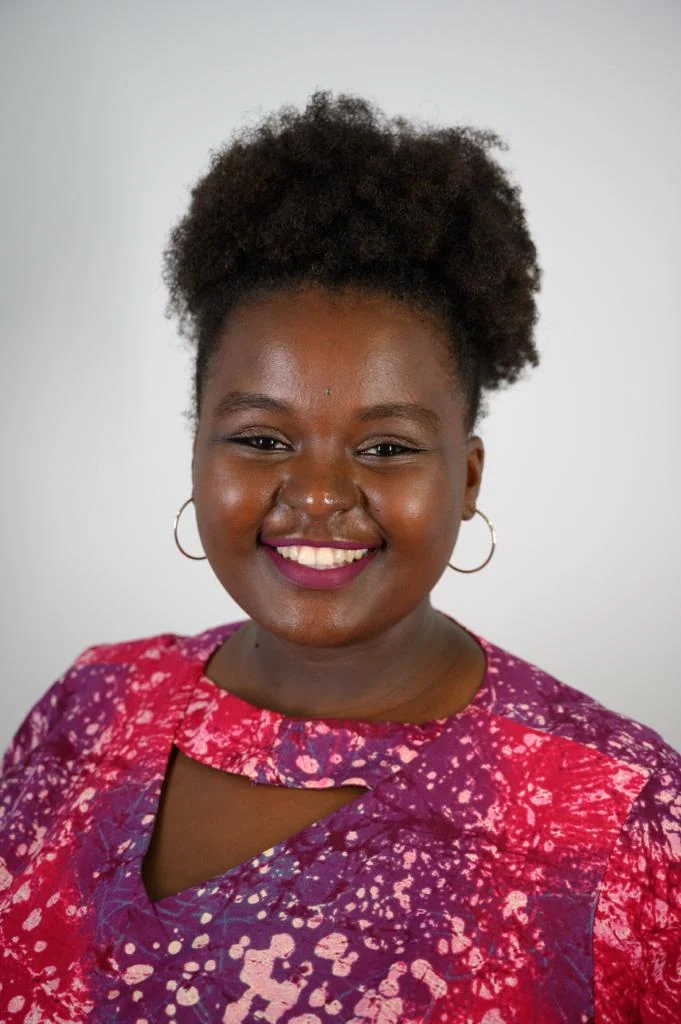
When Tsiatis and his partners initially pitched their idea of social enterprise opportunities for college students to major philanthropic organizations, the response was dismissive. “We talked to all the household names in the space, and they all said, ‘Nope. College kids are a bad bet. They’ll move on within four years,’” Tsiatis remembers. Determined to prove them wrong, Tsiatis and his team pulled together a prize pool and launched a pilot competition. The success of the first two pilot competitions led to the formal establishment of Resolution Project as a fellowship program in 2009.
Through its Social Venture Challenge, Resolution Project provides seed funding, mentorship and access to a global network of changemakers. One could think of it as Shark Tank for social entrepreneurs under 30. The grants, typically under $10,000, are relatively small, but come with wraparound support, networking opportunities and pro bono services.
Some of the earliest funded projects included a shelter for domestic violence and trafficking survivors in Mexico, an IT training lab in Rwanda and Venezuela’s first recycling facility.
Weighed down by negative news?
Our smart, bright, weekly newsletter is the uplift you’ve been looking for.Kwizera’s story is typical for the kind of projects Resolution Project supports. Her initial endeavor was a failure, because she installed hand pumps without a long-term plan for how to maintain them. “We were failing on the job,” she had to acknowledge. By the time her team opened their last borehole, the first one was already broken. Instead of giving up, Kwizera decided, “That was the moment that pushed me like, ‘Okay, let me go register the company.’ When I saw the boreholes were breaking, I couldn’t ignore it.”
Resolution helped Kwizera with advice about finance (specifically hiring a CFO) for Water Access Rwanda in 2021 to scale her venture, and connected her with an expert at Deloitte as part of Resolution’s mentorship and network support.
Resolution Project has supported over 700 fellows in 85 countries, covering vastly different areas including clean energy, homeless, economic development and mental health.
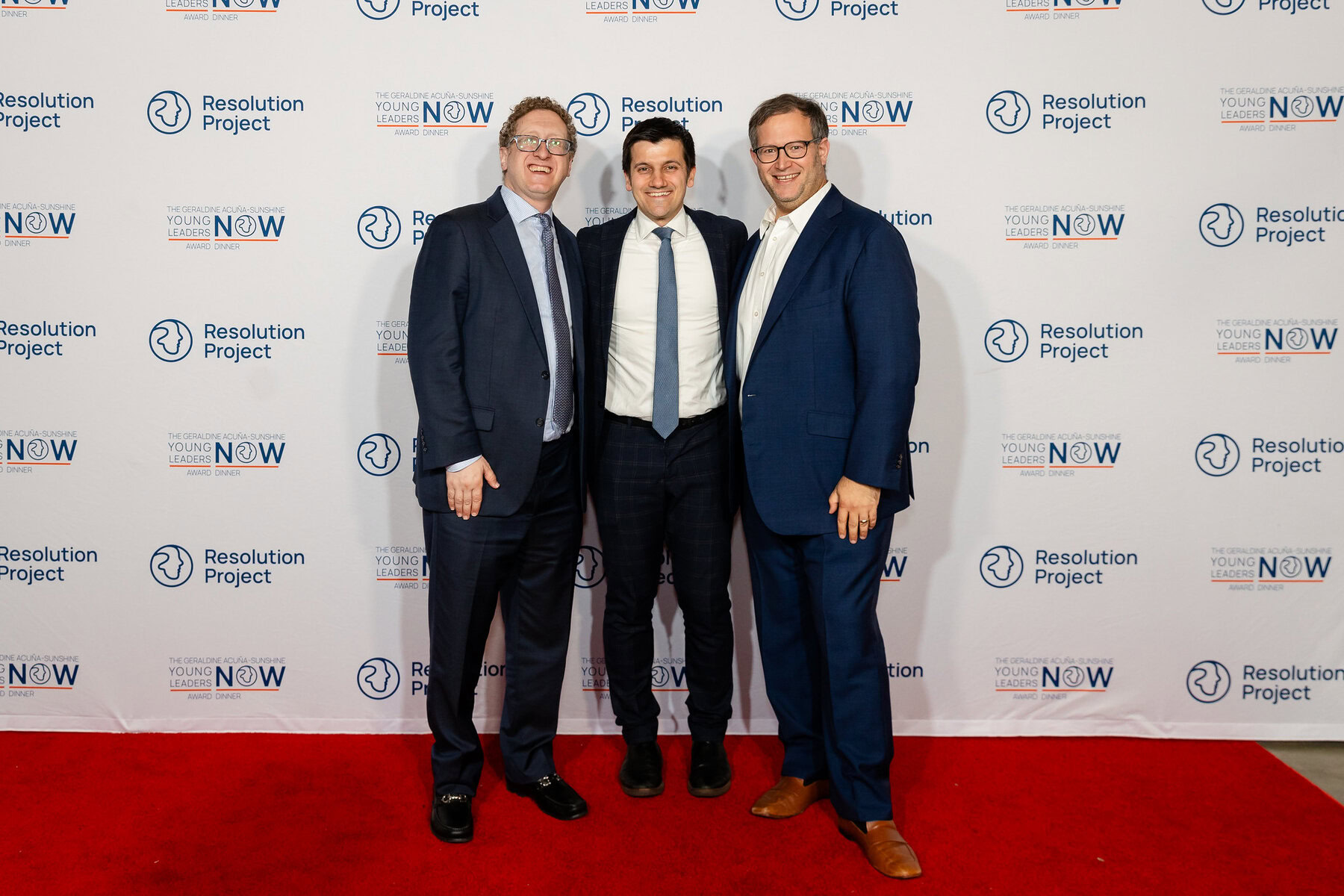
As of January 2025, Tsiatis is also the CEO of the nonprofit Enactus Global, an international competition in over 35 countries that connects students who have social entrepreneurship ideas with academic advisors and business leaders.
“We’re looking for the committed group of young people that will really jump at it,” Tsiatis says about his work with both Enactus and Resolution Project. “Our goal as an organization is to be catalytic in that role.” Resolution Project focuses on college graduates who “couldn’t launch their project because they didn’t have access to the funds and support.” An in-house accelerator supports founders who are ready to scale up.
Projects that got their start with the help of Resolution Project include several organizations that have become successful on a large scale, including Esusu, Project HEAL and Jack & Annie’s.
Founded in 2014, Esusu initially focused on redirecting food waste from corporate kitchens to people in need. Co-founder Samir Goel quickly realized the deeper issue was systemic poverty and lack of financial inclusion. Esusu evolved into a fintech platform that turns rent payments into credit scores for underserved populations, helping create financial identities for over 40,000 individuals.
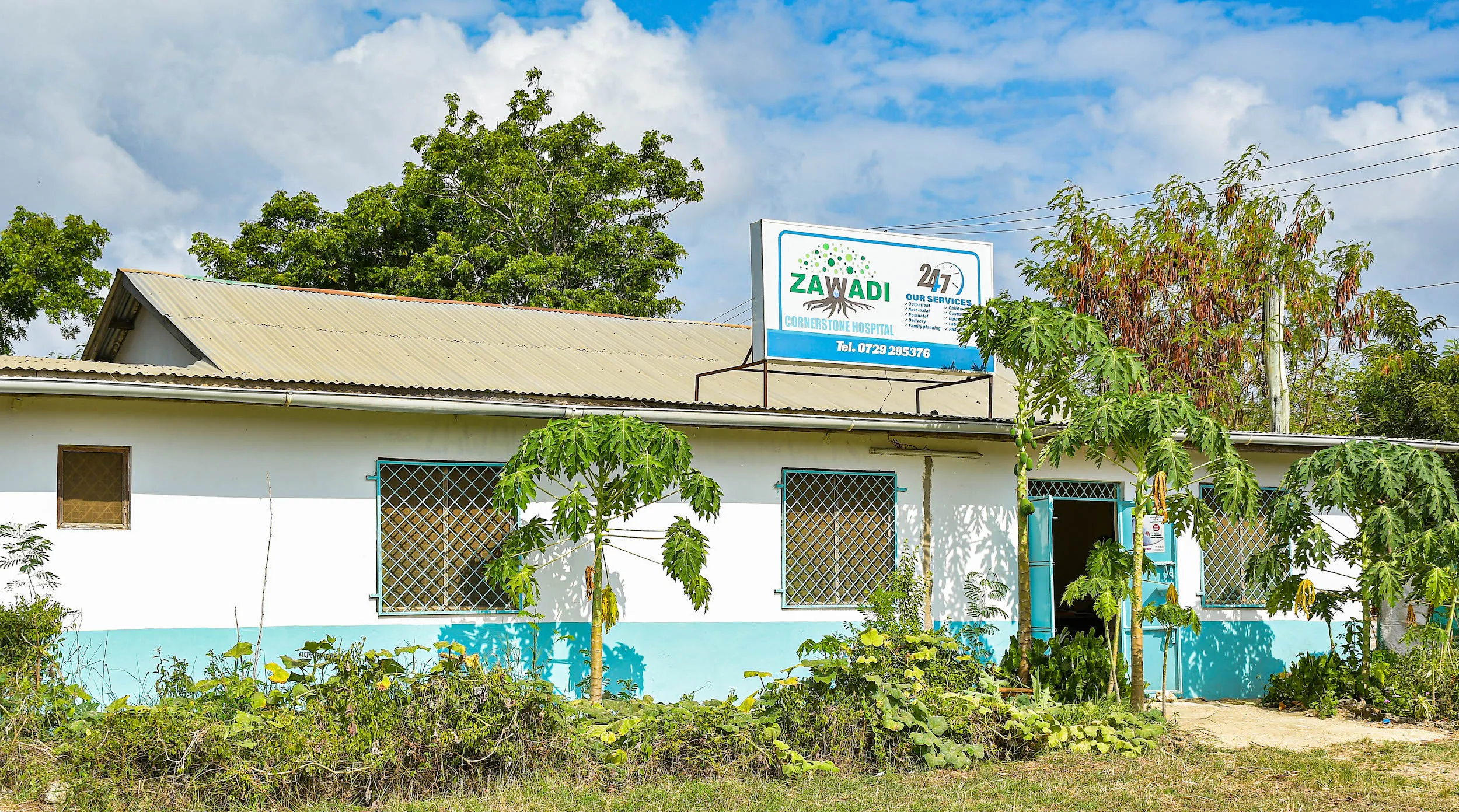
At a time when Gen Z’s trust in institutions is at an all-time low — only 33 percent trust governments to address their concerns — young adults aren’t waiting for change, but building it. Tsiatis emphasizes that he is equally proud of smaller community initiatives that did not have an explosive growth: “Sustaining a local project that changes the lives of people through a community is a big win.”
One such success story is Gift Kiti, who launched Zawadi Healthcare Services near Mombasa, Kenya, in a community that lost its river access through desertification and the climate becoming increasingly arid. The local agriculture was devastated, and the community saw its livelihood disappearing. “The community was trucking in water weekly. It was expensive,” Tsiatis says. Kiti dug a well in 2010, and refurbished a building into a public health clinic with the support of Resolution Project and the Davis Project for Peace. The profits from the health clinic pay for the maintenance of the well, creating a self-sufficient model. Though Kiti now works in the U.K. for the Children’s Investment Fund Foundation, she remains board chair of the clinic, which continues to thrive.
One notable project is an Enactus team in South Africa that developed a sustainable water purification system using locally sourced materials, providing clean drinking water to thousands. Another team in Canada launched an initiative to upcycle grocery store food waste into meals for low-income families.
While the recent cuts to global aid by the Trump administration have sabotaged some of the students’ projects, “We’re certainly showing the power of young people,” Tsiatis says. “I want to underscore the joyful exuberance of youth in approaching this work. We often think of naivety as a negative characteristic but I’d say it ends up being a superpower for these young people. Their energy and optimism is truly contagious.”
Like Resolution Project, Kwizera envisions a big future: By 2030, she’d like to deliver clean water in 12 countries and impact the lives of 20 million people.





